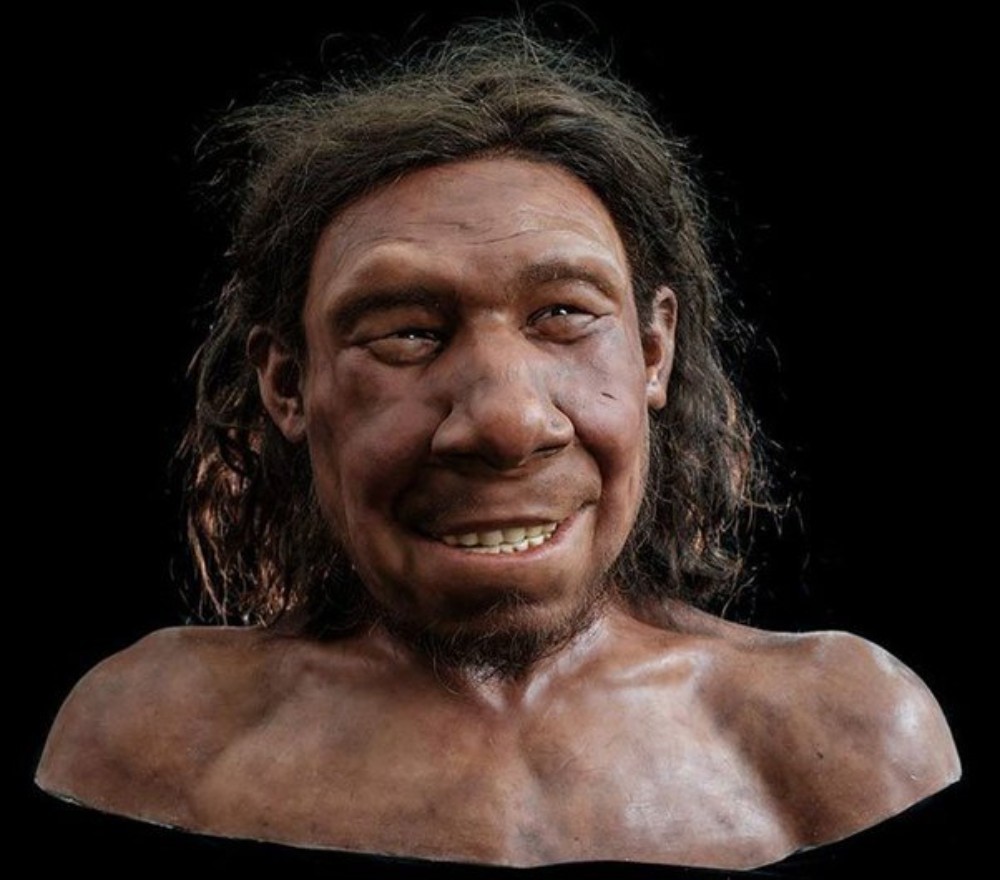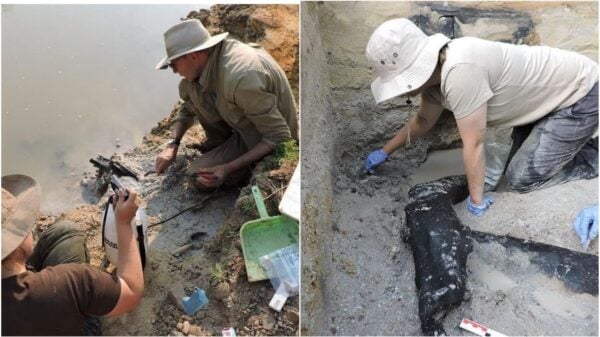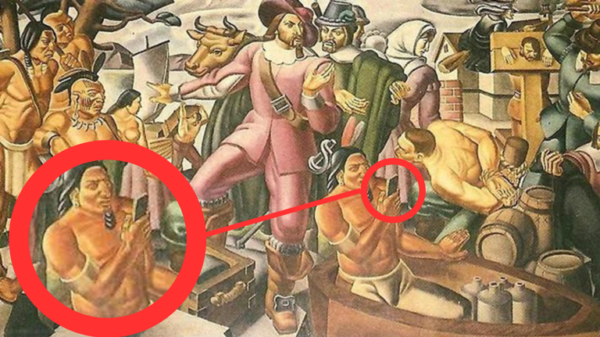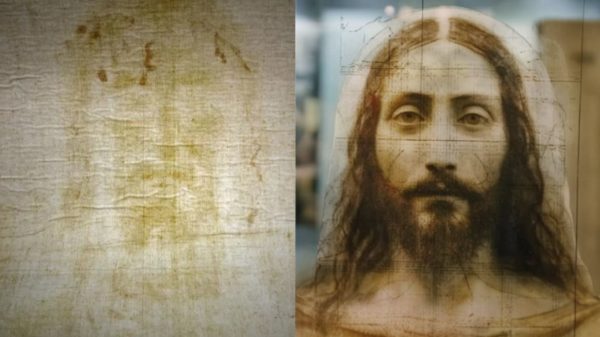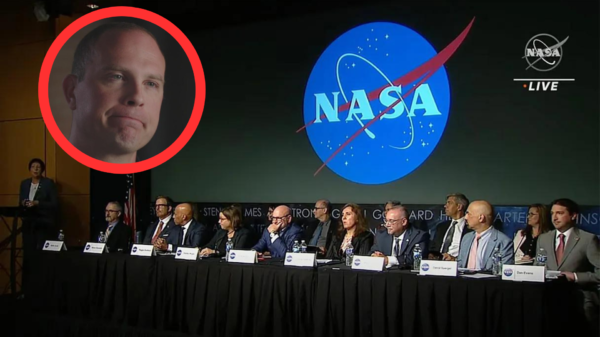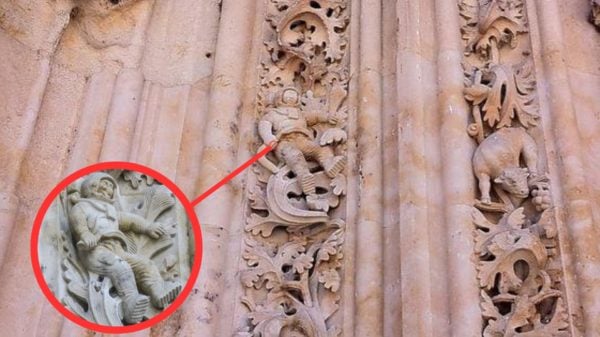What if we told you that the movies we watched growing up, where scientists brought extinct species back to life, were not as far-fetched as you thought?
Although hardly ethical, it’s possible to, in a sense, bring those species of wildlife back to existence. We are talking about dinosaurs, saber-toothed cats, and woolly mammoths.
Science gurus are working on something close to that. Instead of a whole species of animals, they are resurrecting microscopic parts of these creatures. The human race is about to go on an exciting ride beginning with a piece of good news.
Scientists at the University of Pennsylvania’s Machine Biology Group have made a groundbreaking discovery. They’ve succeeded in resurrecting antibiotic properties that were found in our long-extinct relatives: Neanderthals and Denisovans. Neanderthals and Denisovans are extinct species of early and archaic humans who once occupied present-day Asia hundreds of thousands of years ago.
Why is this so amazing, you ask? This discovery opens up a plethora of possibilities in the medical sector. As the study progresses, scientists hope to discover and engineer new strains of antibiotics to treat human infections.
You see, most of the antibiotics available today have been around for well over 25 years. This is a problem because bacteria are evolving, and recent strains are becoming resistant to the available antibiotics.
Thanks to the de-extinction of molecules, scientists have more ground to work with in creating antibiotics to fight arising infections.
To achieve this, the researchers had to collect the sequenced genome data of Denisovans and Neanderthals. Thankfully this process was made easy by paleontologists who had, over time, gathered and examined DNA from their remains.
Next, they applied Artificial Intelligence to recognize antimicrobial peptides encrypted within extinct proteins. For the AI to be effective, it had to be trained to distinguish the sites on human proteins where they were divided into peptides (peptides are short protein subunits that have antimicrobial properties). On identifying the peptides, they determine which of the new peptides had the capacity to kill bacteria by comparing it with the properties of previously discovered antibacterial peptides.
Several peptides were tested in a petri dish in a bid to discover their efficacy in killing bacteria. Of the several that were tested, 6 were singled out and tested on mice that had been infected with Acinetobacter baumannii, a bacterium responsible for hospital-borne infections in humans.
The resultant effect was as follows:
Although none killed the bacterium, all six peptides stopped its growth in the thigh muscles.
Heavy doses of five of the six peptides killed the bacteria that was growing in the skin.
De La Fuente, a co-author of the study, says, “This is completely new. We came up with the term ‘molecular de-extinction’, and this is the first peer-reviewed paper that describes it. So it’s quite exciting for us.”
He also asserted that although this research was a success on some level, they would still have to modify the molecule for more effective versions and tweak the AI algorithm for more effective microbial-peptide identification and fewer false positives.
Discovering new antibacterials using old methods typically took three to six years. However, with the arrival of AI on the scene, drug candidates were tested in a matter of weeks.
Indeed there are exciting times ahead for the health industry and the human race at large. And with the introduction of AI, these times may be much closer than we thought.


